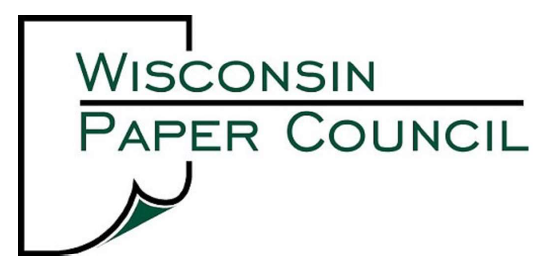2024 State of Converting
/“State by state across America — and elsewhere across the globe — EPR legislation will serve as a catalyst for implementing truly circular economies for product packaging. Most EPR legislation to date has specifically targeted single-use plastic packaging, with some rulemaking including guidelines for other packaging materials, such as paper, metal, and glass.
As noted by the ‘Guide to EPR Proposals’ published by GreenBlue, EPR is a legislative policy approach that assigns end-of-life responsibility to “producers” of CPGs. “This can include both financial responsibility and operational responsibility, though the amount and type may differ,” says GreenBlue. ‘Producers are required to provide funding and/or services that assist in managing covered products after the use phase.’ Most EPR legislation defines the ‘producer’ as the CPG manufacturer, or the owner of the trademarked brand offered to the public.
To date, four U.S. states — California, Oregon, Colorado, and Maine — have passed EPR legislation. During 2024, six additional states—Washington, Minnesota, Illinois, New Jersey, New Hampshire, and Rhode Island — will likely finalize and implement introduced EPR legislation.
In America, these state-led EPR programs for packaging often dictate or suggest that producers of packaging products join a nonprofit producer responsibility organization (PRO). ‘The PRO then develops a producer responsibility plan and manages the producer responsibility program,’ reports GreenBlue. “The financial structure may vary, but in most EPR programs producers pay fees to the PRO. The PRO then distributes the funds to cover the costs required by program legislation.”
The fees collected in a PRO generally provide funding for the end-of-life management of covered products, which can include collection, sorting, and processing CPG packaging materials. The first PRO to emerge in the wake of EPR legislation is the Circular Action Alliance, which is approved to implement EPR laws in California and Colorado.”
Quote from www.packagingstrategies.com



